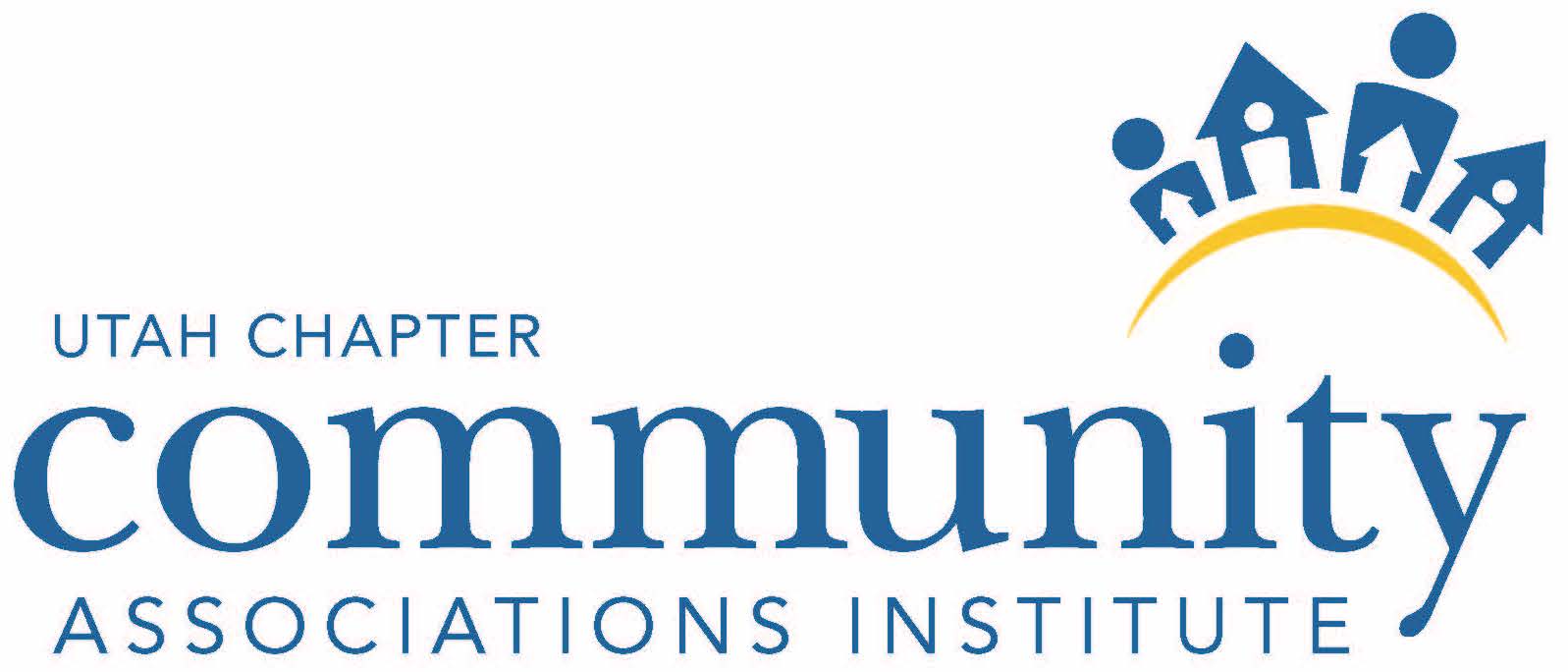The Do's and Dont's of Community Association Loans
Navigating the finances of a community association can be a challenge, especially one that is underfunded and facing a growing list of needed improvements. In just the last few years, I have seen a substantial increase in board members and community managers in Utah inquiring about a bank loan for their association. There are numerous reasons why this conversation takes place: maybe the useful life for the roof or asphalt did not last as long as expected, maybe the reserves are underfunded because assessments have not increased to keep up with rising inflation, or maybe the homeowners just want to have a new clubhouse or park built for everyone to enjoy. Regardless of what the reason is, a community association loan can be a solution but it’s important to first understand the do’s and don’ts.

The Do’s
Do your best to have as much transparent and consistent communication with all the homeowners if you are considering a loan for your community association. I have attended many successful town hall meetings where homeowners get to learn why the community may need to borrow and hear from the association’s attorney, banker, and contractors to better understand all the details.
Do your due diligence by making sure your community association’s documents are up to date and complete before applying. A typical loan application will require copies of governing documents (articles, bylaws, declarations), the collection policy, delinquency reports, the reserve study, budgets, and sometimes even a CPA prepared financial statement is necessary.
Do your best to understand all the options you have to achieve the funding needed. A community association loan could be an option, but also is a one-time special assessment or even increasing the regular assessments (or even a combination of all three). Explain to homeowners that selling their unit during this time is a possibility, but they need to understand that this new assessment is tied to each unit and will be disclosed to buyers.
Do understand that ultimately the bank has two options: approve or decline the loan based on their underwriting guidelines and standards. If the application for the community association loan is declined, the bank will always provide the exact reasoning for that decision. It is also possible that the loan may be approved in the future if homeowner delinquencies have improved, for example.
The Don’ts
Do not enter into a loan agreement without consulting with legal counsel first. Every association has different governing documents and state statutes to abide by, so it is vital that the attorney is involved from the beginning. Some communities will need a vote of the membership first, which is why I recommend having your attorney present at the townhall meeting to help with that process.
Do not believe that getting a loan means the bank can lien units if the association defaults on the loan. The banks that specialize in lending to community associations understand how to collateralize and secure it properly. Community association loans use future cash flow (assessments) as collateral so there are no personal guarantees, no credit inquiries, and no personal liens.
Do not be lenient with the collection policy because that can result in more delinquencies, making it harder for the association to get approved. One of the most significant underwriting guidelines for a community association loan is the number of delinquent homeowners. If the association already has difficulties collecting regular assessments, a loan payment on top of that can be a bigger challenge.
Do not apply for a loan without knowing all the basic information about the project first. A bank can provide an initial loan proposal that outlines the interest rate, terms, and estimated monthly payments but they will need to know the basics. The community association loan application will be more comprehensive, but your banker and their lending team can help guide you through that process.
Do not lose sight of the bigger picture which means asking the question “if our association received this loan, what would it do for our community?” Yes, the loan provides the funds needed to repair the roofs or the asphalt or even build the new clubhouse and park. More importantly, it can ultimately lead to a more appealing and more attractive neighborhood that people will want to buy into and stay long term.

Chuck Balacy is a Vice President with CIT, A Division of First Citizens Bank and can be reached at chuck.balacy@cit.com

